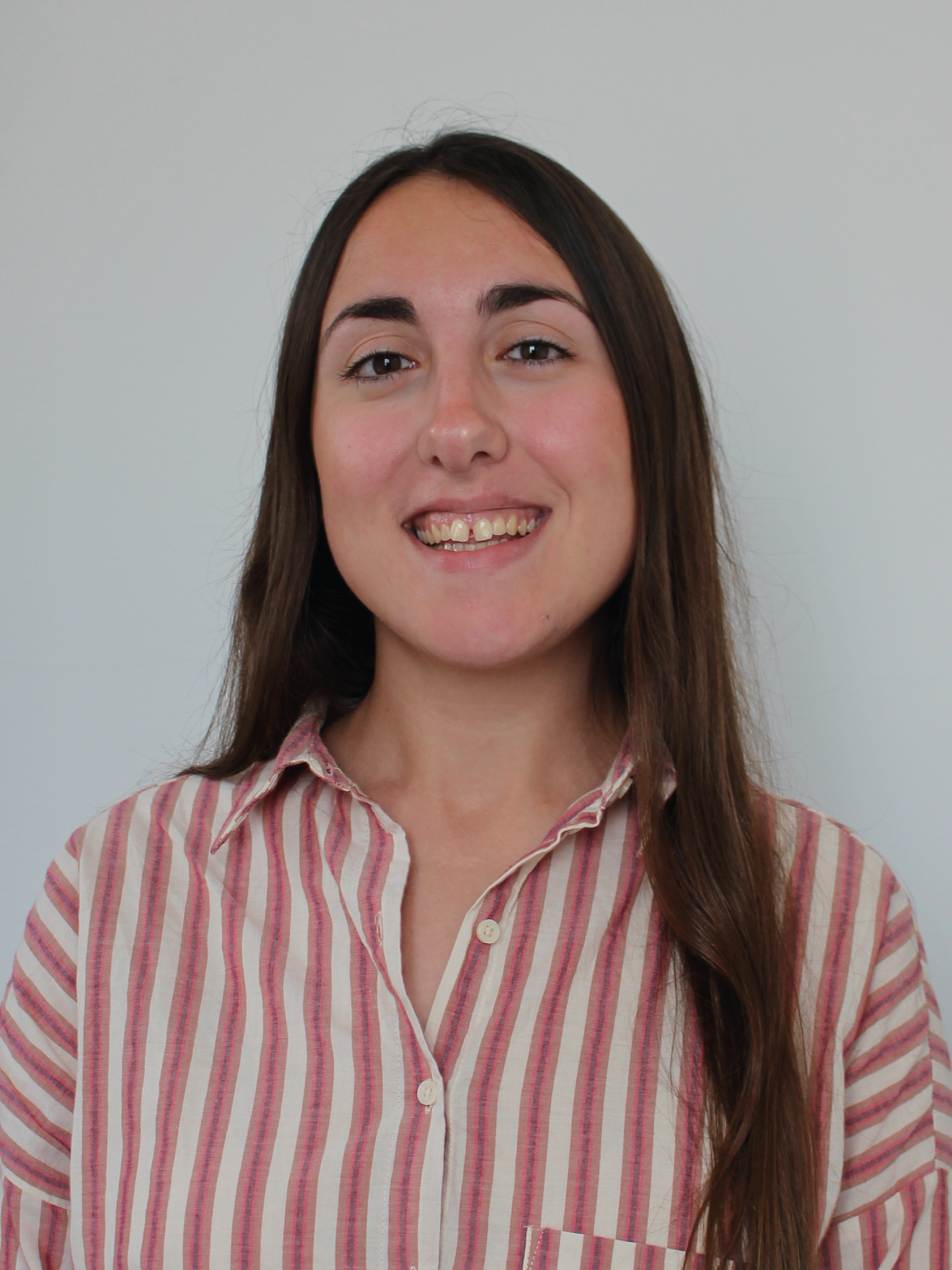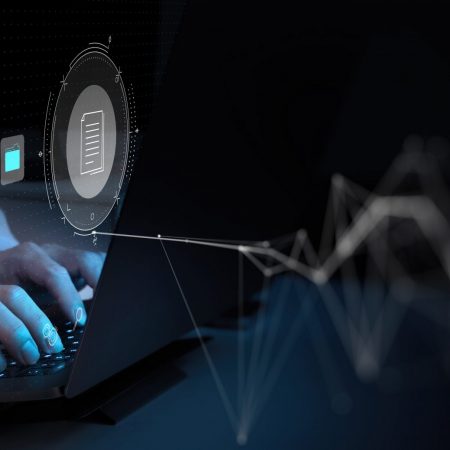Power Apps
This course can be delivered to your organisation as part of our bespoke Corporate Training Solutions, at your own time and your own convenience. Contact us on kla@kpmg.com.mt or call us on +356 2563 6363 or on +356 9963 6363 for more information on how we can take care of your organisation’s training needs.
Course Description:
Power Apps is a suite of apps, services, connectors and data platform that provides a rapid application development environment to build custom apps for your business needs. Using Power Apps, you can quickly build custom business apps that connect to your business data stored either in the underlying data platform (Common Data Service) or in various online and on-premises data sources (SharePoint, Excel, Office 365, Dynamics 365, SQL Server, and so on).
Target Audience:
Individuals interested in improving efficiency of business processes.
Learning Outcomes:
Learn about the value and capabilities of Power Apps and ways organisations can leverage this technology to build simple applications for their business.
Prerequisites:
Basic understanding of a few concepts: software applications, business processes and data. Familiarity with the basic concepts of Power Platform.
Venue: Kindly contact us on kla@kpmg.com.mt to indicate your preferred training method; online or in-person.
CPE Hours: This course qualifies for 2.5 hours of Structured CPE which can be classified as Professional Competency. A certificate of attendance will be provided at the end of the session.
Trainers:
Marco Ramos, Senior Low-Code Developer, KPMG Digital Solutions
Marco is a Senior Low-Code Developer at KPMG Malta. He has a strong background connecting Business and Technology, with an extensive experience in project management and process analysis along with ERP implementation and B.I. development for data analysis in different industries. Excellent results developing solutions to support companies on making use of technology to facilitate processes and provide crucial information for decision making.
Adriana Camilleri, Low-Code Developer, KPMG Digital Solutions

Adriana, a Low-Code Developer within the Digital Solutions department at KPMG Malta, has been in the field of automation for the past 4 years. Adriana graduated in the Bachelor of Science in Software Development and has recently finished her Masters in Optical Character Recognition (OCR) and Deep Learning. In both dissertations, she focused on analysing a medieval language to see if it is a natural language or a hoax. She also proposed a methodology on how to generate a dataset representing the text in medieval documents, by using deep learning to eliminate subjective decisions.
Automation is an area where Adriana has been involved in multiple occasions. Some projects include automating reconciliation processes, automating the process of entity/client searches, automating the process of sending hundreds of invoices and statements, and much more.
Discover more courses from our KPMG Learning Suites.
Is your employer paying for your CPE seminars? Contact us on kla@kpmg.com.mt to discuss how the employer can benefit from our offers.
Course Features
- Language English
- Assessments







